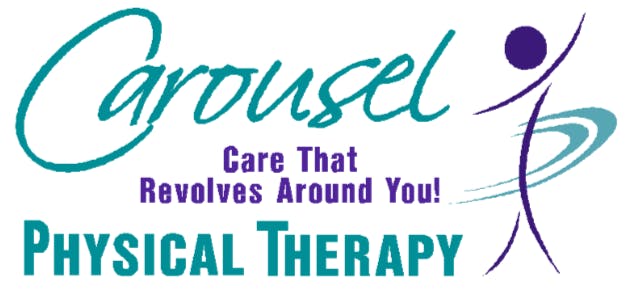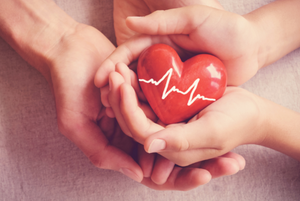Heart disease is a leading cause of death and disability. This shouldn’t be a surprise – it’s been at the top of the list for years. You know that taking care of your heart is important. That means doing things like eating right, avoiding smoking, and exercising regularly. While all of those things can be difficult, today we’re going to focus on exercise.
HOW PHYSICAL THERAPY CAN HELP WITH YOUR HEART HEALTH
Cardiovascular exercise is anything that makes you breathe harder and your heart pumps faster. That could be walking, running, dancing, biking, swimming or hiking. It strengthens your heart and blood vessels. It can help control weight, lower blood pressure, reduce stress, and prevent heart disease.
If you’re regularly going for a run or swimming laps, you don’t need help from your PT. But 3 out of 4 adults aren’t exercising regularly. If you’d like to get started, your PT may be just the person to help you. It’s not uncommon to get injured, then never get back to your old routine. Your PT can help you deal with the old injury and design a plan to get you safely back to regular activity.
It’s also not uncommon to try to be more active on your own, only to stir up pain somewhere like your back, hip, knee or shoulder. Your PT can help with that too. They’ll figure out why you’re having pain, help you correct it, and get you a plan to reach your goals.
Physical therapists can also help you safely increase your activity levels after major medical issues like a heart attack, stroke, or even cancer. Recent research has shown improvements in cardiovascular fitness, fatigue levels, and even pain in cancer patients who participate in a personalized physical fitness plan from a PT.
Whatever your barriers to physical activity are, your PT can likely help you overcome them. As movement experts, physical therapists are trained to deal with a variety of conditions. They’ll help you work around whatever issues you have so you can safely elevate your heart rate and keep cardiovascular disease away.

